Non-Surgical Blog
Shoulder Pain Solutions at Chattanooga Non-Surgical Orthopedics
November 10, 2023

Shoulder pain can be a real burden, leading to lifestyle changes, financial setbacks, and increased stress when it becomes a persistent issue. Surprisingly, around one in four adults will grapple with shoulder pain at some stage in their lives, and it often brings along the unwanted companions of job disruptions, early retirement, and disability claims. It’s not uncommon for this discomfort to also cast a shadow on your overall well-being, potentially leading to feelings of depression.
If you find yourself dealing with lingering shoulder pain that hasn’t eased with rest, you might be wondering about your options for relief. Let’s explore some of the most common treatments for shoulder pain and how Chattanooga Non-Surgical Orthopedics can get you back to living well again.
The Most Common Approaches to Relieving Shoulder Pain Which May or May Not Solve Your Problem:
- Ice or Heat Therapy
This is usually where people begin their journey toward relief because it’s convenient, cost-effective, and can be done at home without the need for a doctor’s visit. If you’re dealing with swelling or bruising, like those from a fall or sports injury, ice is often the go-to remedy. Heat, on the other hand, is better suited for addressing stiffness and reduced mobility after an injury has aged or for those recurring aches and pains that tend to resurface when you push your limits or when the weather takes a turn.
The main drawback of ice and heat self-therapy? They can be challenging to apply when you’re away from home, and if your pain stems from deep within the shoulder joint, these treatments may not reach the source of your discomfort. Further, if your injury is more significant or severe, ice and heat will only temporarily ease pain.
- Exercise and Physical Therapy
Sometimes, gentle exercise or guided movement provided by Chattanooga Non-Surgical Orthopedics utilizing our Clinical Exercise program can work wonders for shoulder pain. It’s important to steer clear of high-impact sports, heavy resistance training, or activities that worsen your pain, including excessive stretching.
Depending on the cause of your pain, you might be able to engage in activities such as yoga or leisurely swimming. However, if even these feel too demanding, consider limiting your workouts to lower-body exercises like brisk walking for a while. This will help maintain your cardiovascular health and stimulate the release of endorphins, your body’s natural mood-enhancing neurotransmitters, contributing to pain relief.
If your shoulder pain results from issues like poor athletic form, weakness, or musculoskeletal imbalances (common in one-sided sports like baseball and tennis), Dr. Hall can design specific exercises to aid in healing and prevent future recurrences. In some cases, we can also teach you taping techniques to provide support while you address your shoulder issues or during intense practice sessions.
- Improving Your Sleep Environment
It’s surprisingly common for an unsuitable mattress or pillows to be the culprits behind shoulder pain. Achieving the right balance of firmness and surface support is crucial for safeguarding your shoulder area during sleep. If investing in a new mattress isn’t feasible, consider these alternatives:
- Opt for pillows that better align with your preferred sleeping position.
- Add additional support beneath your mattress to prevent sagging.
- Incorporate a high-quality mattress topper.
- Use a body pillow or bolster to offer support and prevent awkward positions during sleep.
A Note about the Dangers of Over-the-Counter and Prescription Medications
The use of non-prescription drugs in the United States varies widely, depending on demographics, with percentages ranging from 40% to 96%. As individuals age, their reliance on these medications tends to increase, particularly for conditions like arthritis. However, even non-prescription drugs like NSAIDs (nonsteroidal anti-inflammatory drugs) are not without risks, which include acid reflux, stomach ulcers, high blood pressure, and an elevated risk of cardiovascular events.
Prescription pain medications come with their own set of concerns, including sedation and the potential for addiction. Opioids, in particular, have been a subject of national concern due to their association with over 68,000 overdose deaths in 2020, constituting three-quarters of all drug overdose fatalities in the country.
At Chattanooga Non-Surgical Orthopedics we work to eliminate the need for prescription or other medications, getting to the root of your pain without dangerous pharmaceutical options.
Come see us today and get your shoulder pain under control the right way!
423-499-0003
#nomorepain
#nonsurgical

Search our blog posts: